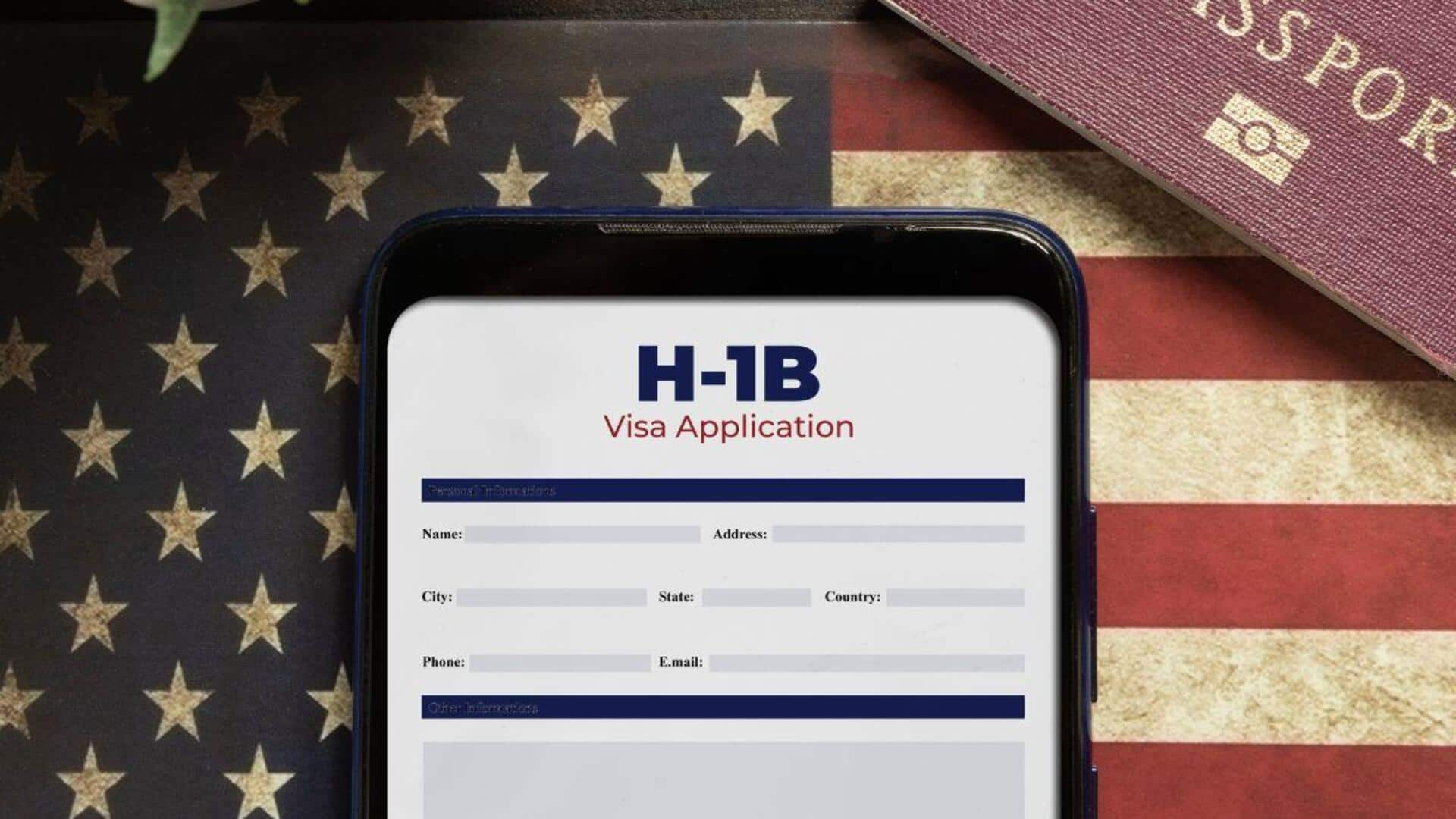**How Trump’s H-1B Fee Hike Could Affect the US Healthcare System**
*By Akash Pandey | Sep 20, 2025, 05:03 PM*
—
The Trump administration has announced a staggering increase in the annual fee for H-1B visas, raising it by $100,000. This unprecedented hike is expected to have severe implications for the US healthcare system, where over 30% of medical residents are international graduates.
Currently, approximately 10,000 out of 43,000 residency positions in the United States are occupied by H-1B visa holders. With the new fee soaring from less than $5,000 to $100,000 annually, hospitals may be deterred from sponsoring these visas for residents who earn an average salary of around $55,000. This change threatens to exacerbate the existing staffing shortages in the healthcare sector, potentially compromising patient care.
“No longer will you put trainees on an H-1B visa — it’s just not economic anymore,” said Commerce Secretary Howard Lutnick, highlighting the financial strain the fee hike places on medical institutions.
—
### Impact on the H-1B Program
The drastic increase in visa fees makes the H-1B program financially feasible only for high-value roles, effectively sidelining many junior and mid-level workers. While the administration has not yet clarified if the new $100,000 fee will be charged upfront or annually, officials anticipate a significant decline in application volumes.
Notably, visa quotas remain unchanged, with 65,000 regular H-1B visa spots and 20,000 reserved for advanced degree holders. However, the soaring costs raise questions about how many employers will continue to utilize the program.
—
### Business and Industry Effects
India remains the largest beneficiary of H-1B visas, accounting for 71% of approvals last year. The fee hike is likely to impact major IT firms such as Infosys, Tata Consultancy Services (TCS), and Wipro, which send numerous junior and mid-level engineers to the US for ongoing projects.
Leading companies by number of H-1B visa holders include:
– Amazon: 10,044
– TCS: 5,505
– Microsoft: 5,189
– Meta: 5,123
– Apple: 4,202
– Google: 4,181
– Deloitte: 2,353
– Infosys: 2,004
– Wipro: 1,523
– Tech Mahindra Americas: 951
The increased fees could disrupt talent pipelines and project deliveries, especially for companies relying on cost-effective international talent.
—
### Opposition and Criticism
The policy has drawn sharp criticism from US lawmakers and immigration advocates. Congressman Raja Krishnamoorthi condemned the move as “reckless,” warning that it could cut the US off from vital high-skilled talent essential for innovation and job creation.
Ajay Bhutoria, former advisor to President Joe Biden, expressed concerns that the fee hike could “crush small businesses and start-ups reliant on diverse talent,” pushing skilled workers to seek opportunities in Canada or Europe. This shift could significantly weaken America’s competitive edge in the global economy.
—
### Conclusion
The Trump administration’s dramatic increase in H-1B visa fees poses serious challenges to various sectors, with the healthcare system and technology firms standing to be hit hardest. As visa costs surge, the future of international talent participation in the US workforce hangs in the balance, raising critical questions about the nation’s ability to maintain its leadership in innovation and quality healthcare delivery.
—
*Stay tuned for more updates on immigration policies and their impact on the US economy.*
https://www.newsbytesapp.com/news/world/us-healthcare-braces-for-impact-as-trump-hikes-h-1b-fee/story
